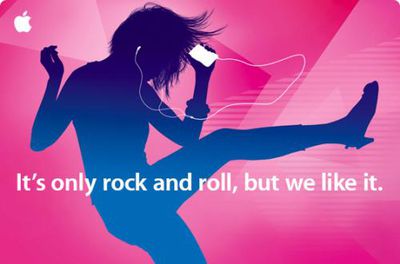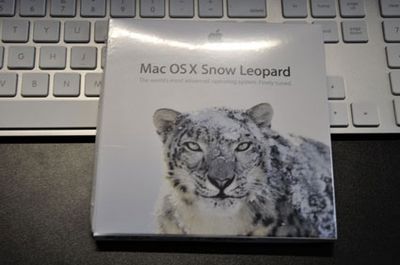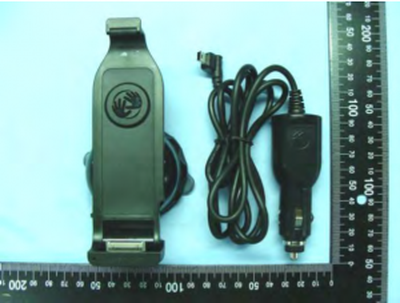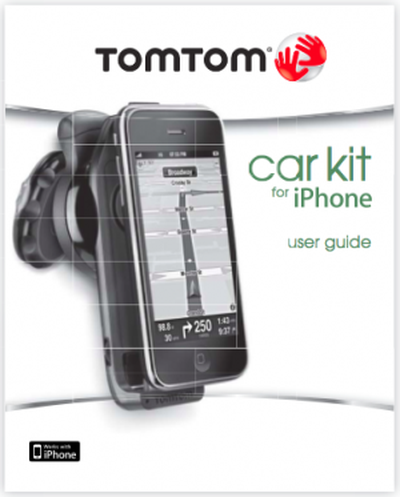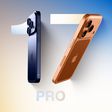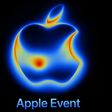Ars Technica's John Siracusa has posted an exhaustive review of Mac OS X 10.6 Snow Leopard that delves deep into some of the technical changes behind Apple's latest operating system. The 23 page review covers topics that were previously covered under developer non disclosure agreements.
Siracusa covers technical topics such as Grand Central, OpenCL, as well as the typical user interface tweaks. They also explain why Mac OS X 10.6 does not boot into 64-bit mode and why you shouldn't really care:
If it makes you feel better to know that your kernel is operating more efficiently, and that, were you to actually have 96GB of RAM installed, you would not risk starving the kernel of address space, and if you don't have any 32-bit drivers that you absolutely need to use, then by all means, boot into the 64-bit kernel.
For everyone else, my advice is to be glad that K64 will be ready and waiting for you when you eventually do need it -- and please do encourage all the vendors that make kernel extensions that you care about to add K64 support as soon as possible.
Siracusa also explains that many of the underlying changes in Snow Leopard are to push developers into the right path for the future of Mac OS X, and the $29 price is meant to help drive user adoption. He also speculates that Snow Leopard is a prelude to radical new features in the next revision of Mac OS X.
As for the future, it's tempting to view Snow Leopard as the "tick" in a new Intel-style "tick-tock" release strategy for Mac OS X: radical new features in version 10.7 followed by more Snow-Leopard-style refinements in 10.8, and so on, alternating between "feature" and "refinement" releases. Apple has not even hinted that they're considering this type of plan, but I think there's a lot to recommend it.



